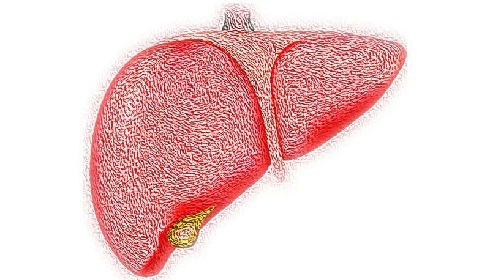
Early trial data indicate Roche’s immunotherapy combination caused a reduced recurrence in certain liver cancers
Basel-based Swiss pharmaceutical major Roche has recently announced that its immunotherapy monoclonal antibody atezolizumab, marketed as Tecentriq in combination with bevacizumab, marketed as Avastin by US-based subsidiary Genetech, have shown to reduce the risk of recurrence of early-stage liver cancer (hepatocellular cancer or HCC) following surgery during a clinical trial (IMbrave050 Phase III).
The drug is the first treatment combination to reduce the risk of cancer returning in people with certain types of early-stage liver cancer, which is estimated to recur in 70-80% of patients, the company said in a recent statement.
Pointing out that these are early results, Roche stated that the overall survival data were immature at the time of interim analysis and it will continue follow-up to the next analysis.
The company also stated that the combination treatment's safety profiles were consistent with the known safety profiles of each therapeutic agent and the underlying disease.
It further announced that the company will discuss the trial findings at an upcoming medical meeting with regulatory authorities, including the United States Food and Drug Administration and the European Medicines Agency.
Related Articles
- Plasma exchange saves patient with acute liver failure
Doctors at Delhi’s Sir Ganga Ram Hospital (SGRH) have developed a unique procedure called plasma exchange (PLEX), which can save the lives of patients with acute liver failure and replace liver transplantation.
- US scientists identify molecule that triggers aggressive blood cancer US Scientists identify an important transition point in the shift from chronic to aggressive blood cancers, called secondary acute myeloid leukaemia |
“Today, more than 70% of people with early-stage HCC may have their cancer return after surgery, which is associated with poorer prognosis and shorter survival. IMbrave050 is the first Phase III study to show that a cancer immunotherapy combination reduced the risk of the disease returning in people with this type of HCC,” Chief Medical Officer of Roche, Dr Levi Garraway, said.
“We are excited by the clinical benefit that this adjuvant Tecentriq combination may bring to people with early liver cancer and look forward to seeing more mature data to further confirm the benefit,” he added.
It may be noted that liver cancer is the third leading cause of cancer death and one of the few cancers where mortality is rising with ver 900,000 people diagnosed with the disease globally each year, which translates to one person diagnosed every 90 seconds, the statement read.
Nine out of ten cases of HCC are caused by chronic liver disease, which includes chronic hepatitis B and C infection, non-alcoholic fatty liver disease (NAFLD), non-alcoholic steatohepatitis (NASH), alcohol-related liver disease (ALD) and cirrhosis resulting from these conditions.
If diagnosed in the early stage, doctors usually suggest surgery to remove the primary tumour in HCC.
However, an estimated 70-80% of people with early-stage HCC experience disease recurrence following surgery, mainly determined by the size and number of tumours.
The study randomised 662 people with a ratio of 1:1 to receive either Tecentriq (1,200 mg every three weeks) plus Avastin (15 mg/kg every three weeks) for a maximum of 12 months or no intervention with active surveillance.
The study's primary goal was to assess the risk of recurrence; its secondary goals included overall survival and recurrence-free survival (RFS) as determined by the investigator, as well as RFS in patients with PD-L1-positive disease.